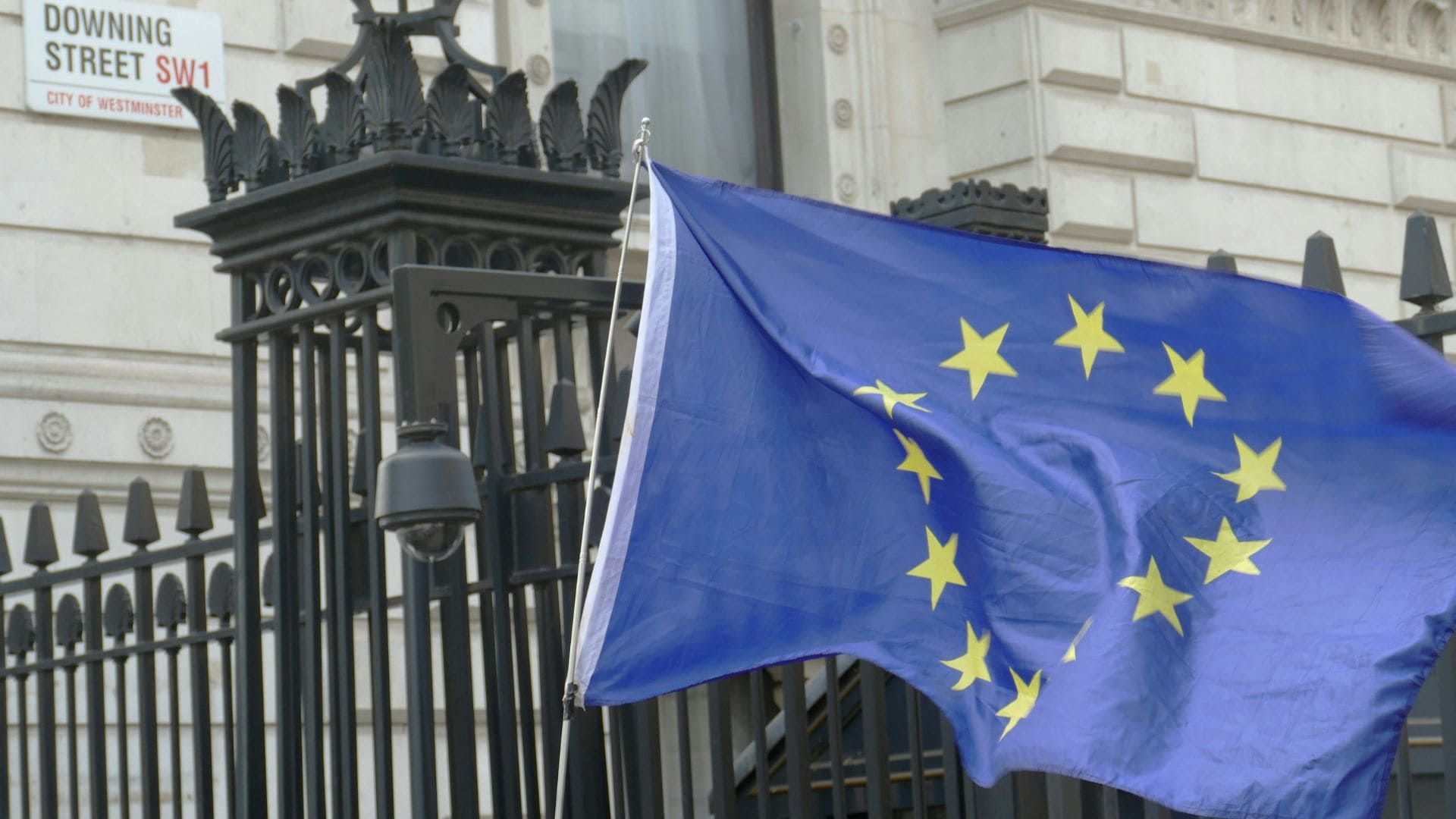Knowledge Hub
Why the EPO’s top-up search for earlier national rights matters for the UP and UPC
January 2023
Before unitary effect can be registered by the EPO, an applicant must first obtain a European patent via the EPO as it does in the current way. In order to be eligible for registration as a Unitary Patent (“UP”), the European patent must have been granted with the same set of claims in respect of all the 25 participating Member States. This condition must be met irrespective of whether all these states will in fact be covered by the UP. This means that (i) withdrawing the designation of any of the 25 participating Member States rules out obtaining a UP and (ii) having a different set of claims for any of the participating Member States, would also prevent the EPO from registering a UP.
Earlier national rights (i.e. patent documents from the EPC contracting states that would potentially present a “novelty only” patentability problem) are not included in the state of the art for the purposes of the EPO’s examination for patentability (Article 54(3) EPC). This refers to national applications of which the filing dates are prior to the filing or priority date of the European application and which were published as national applications or patents on or after that date. However, under Article 139(2) EPC, after the European patent has been granted, earlier national rights can be invoked as a ground for revocation in national proceedings.
From 1 September 2022, the EPO has been carrying out systematic top-up searches to find such earlier national rights – this is usually reported as part of the EPO’s R71(3) communication (notice of intention to grant). The EPO already carries out a top-up search for European rights at the end of examination.
When it opens, the UPC may revoke a UP, either entirely or partly (Article 65 UPCA), only on the grounds referred to in Articles 138(1) and 139(2) of the EPC. As such, an earlier national right could become prior art against a UP before the UPC.
To avoid these earlier national rights, applicants can file separate sets of claims for countries in which earlier national rights are found (Rule 138 EPC). However, doing so would rule out a UP.
Applicants may therefore need to consider the finding of a national prior right carefully, as it will play into the decision on their validation strategy and whether a UP is the right approach.
This article was prepared by HGF Partners & Patent Attorneys Andy Camenisch and Dr Jennifer Uno
































